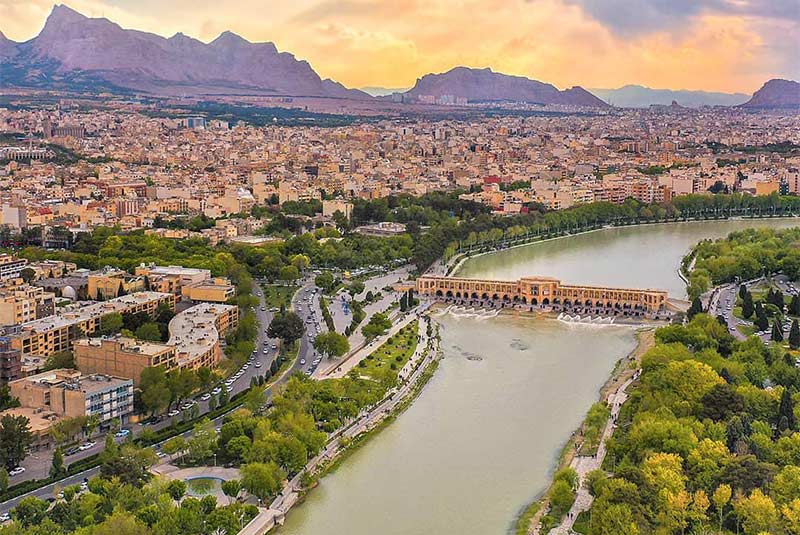Several fair-trade suppliers that are behind the ethically sourced products at The Body Shop’s fair-trade suppliers might be left in limbo after collapse of UK company
This situation might lead to substantial impact on low-income families that produce crucial ingredients in remote areas like the Amazon and Africa, The Guardian has learnt.
The Body Shop UK, which was put into administration last week, is known for its cruelty free, fair trade products. That is why the possibility of manufacturers and producers not being paid for their stock has raised eyebrows.
The conscious choice to establish the ‘Community Fair Trade Programme’ was taken in 1987, originally named ‘Trade not Aid.’
Since then, The Body Shop sourced handcrafted shea butter from Ghana and recycled paper gift bags in India, among others. Through sourcing ingredients from different areas of the planet the company aims at providing financial independence for its partners. The majority of whom are women living in rural areas, with limited economic opportunities.
On its website, The Body Shop details that, through the programme, the brand has established a relationship with these workers along with the long-term trade partnerships. “We have worked with many of our suppliers for decades. We pay fair prices and offer favourable trade terms, targeted producer support and access to an international trade market.” Some also receive additional funding to invest in community projects that include better education, health care and sanitation.
Although some community suppliers had no written contract with The Body Shop, they had been producing the agreed upon volumes of product for the business for several years.
Candela Peru has been providing Brazilian nut oil for the company for the past 26 years from nuts collected by 400 local families in the Amazon. Gaston Vizcarra, Candela Peru President, told the UK-based media that it had $0.5 million (€425,000) worth of inventory on hold for The Body Shop.
While stating that the company had no debt with Cendela Peru, “for more than two years [it has been] manufacturing the oil, ready to go. There is no contract, it is based on trust.”
He also added that while normally the cosmetics brand purchases a particular volume, it has not sold them any, for “at least a year.” This has created difficulties for producers which source the nuts.
Although The Body Shop and the communities have a good working relationship together, The Guardian explained that it some cases it operates through intermediaries such as oil refiners or manufacturers.
The producer’s concerns lie in the fact that if the cosmetic brand does not pay the manufacturers, then in turn, they will not be paid.
Mayk Arruda, from Brazilian cooperative CpooalJ, works directly with local communities that produce oil from the Babassu palm, that grows in the Amazon.
Although stating that it had just received an order for 30 tonnes of oil worth more than €300,000 hes worried that it might not be paid.
“We work with 258 families directly and can impact more than 1,000 people. If we are not paid, we are going to face a big problem. It is very important for us to generate a good quality of life,” he added.
Among other suppliers that spoke out on the issue, Milan Dev Bhattarai – founder of Get Paper Industries in Nepal, of which has been providing handmade recycled paper packaging since 1989 – said that the closures of The Body Shop UK would mean that 500 producers will be impacted.
“Additionally, hundreds of girls will lose the opportunity for education. People of local communities will lose health support and many girls might be trafficked for difficult life. Tree plantation will be disturbed,” he continued.
The Guardian explained that while The Body Shop UK is operating as normal, creditors will take priority over any supplier debts. Naturally, if outlets are closed across Britain, demand will also decrease.
It noted that Aurelius, the company that bought the cosmetics brand for €242 million, is “understood to be the main creditor with a secured debt which will ensure it gets paid. It is expected to take back the chain, but only after many shops have closed.”
Featured Image:
The Body Shop
Inflation risk re-surging as tensions heat up between Israel and Iran
Oil and gold prices jumped after the latest strike by Israel
WATCH: Rare torrential rain in Dubai wreaks havoc and causes major disruption
Flooding hits shopping malls, destroying stock
Spain to end ‘golden visa’ scheme over property market impacts
While countries are slowly banning the practice, Malta remains firm in keeping the scheme alive






